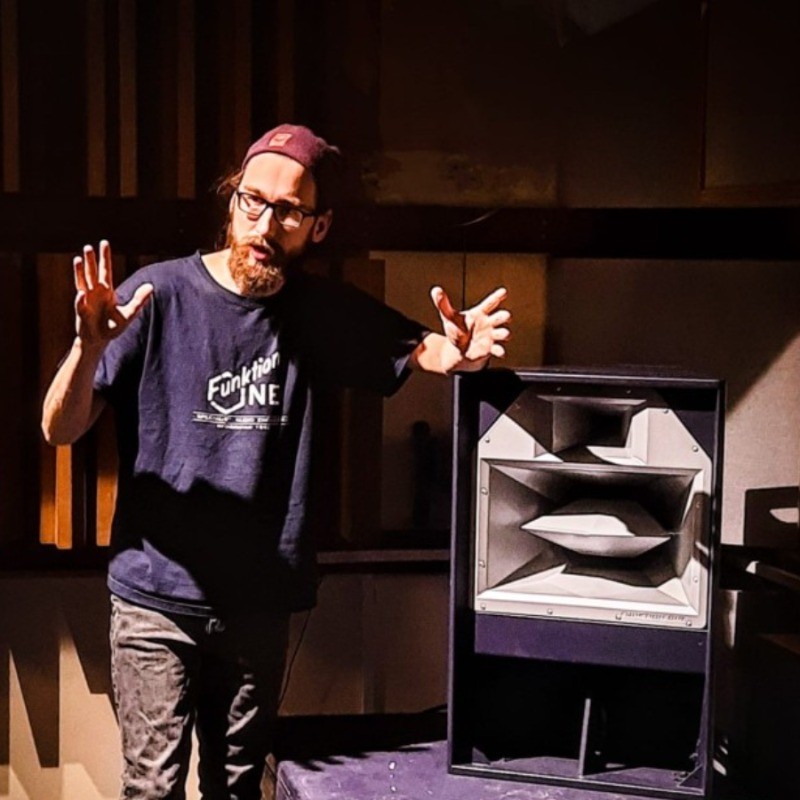James Hipperson

What is your PhD is about?
Investigating physics-informed machine learning methods for acoustic simulations. Rather than simply generating data that fits existing data, physics-informed machine learning aims to generate data in a way that obeys known physics equations and constraints, therefore making it more accurate and useful for science and engineering applications.
Why is it important to do this research?
Physics-informed machine learning is a new and rapidly developing field. It provides significant potential for faster and more accurate acoustic simulations. Simulations are a key tool in improving sustainability for events, both for understanding and improving efficiency, and for reducing noise pollution.
What drew you to studying this PhD?
It combines several of my interests – sustainability, acoustic simulations and machine learning – and it’s exciting to explore a fast-moving field where almost every question is open.
What does a Sustainable Sound Future mean to you?
Music events with better audio quality, reduced noise pollution and carbon footprints.
What were you doing before you joined the CDT?
I’m currently working as a Research & Development Engineer focusing on loudspeaker design and simulation, and I’ve joined the CDT as a part-time student.
Tell us a fun acoustic fact!
Sperm whales have a bioacoustic folded horn in their head, which is used for echolocation.